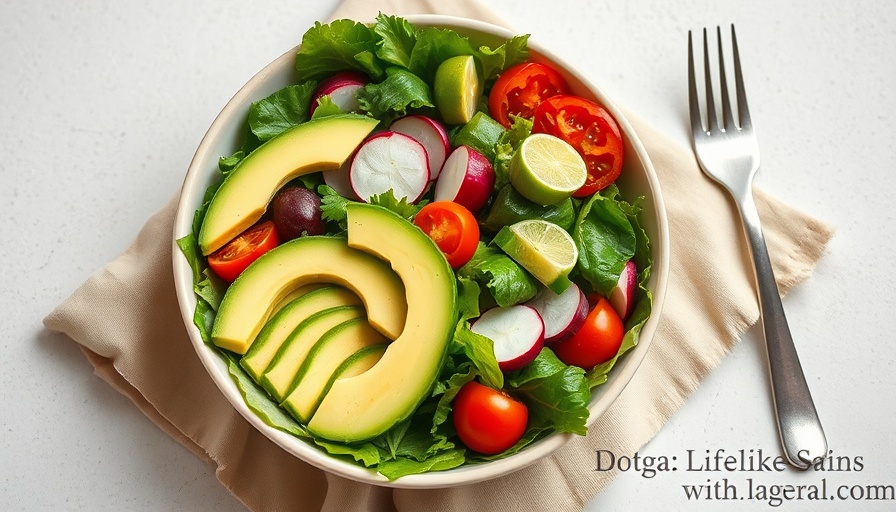
How Diet Affects Cancer Surviving Strategies
Did you know that certain foods can influence how genes behave in our bodies? This is especially important for those dealing with breast cancer. Research is highlighting the potential of diet in managing cancer, particularly the role of low-fat diets and cruciferous vegetables like broccoli.
Understanding the Links Between Fat Intake and Cancer
In studies focusing on breast cancer survival, women on low-fat diets showed improved results. However, a closer look at these studies reveals that adherence to dietary recommendations is crucial. For instance, in the Women's Healthy Eating and Living Study, participants didn’t actually reduce their fat intake as instructed, leading to inconclusive results regarding the diet’s effectiveness in improving cancer outcomes.
The Power of Cruciferous Vegetables
Among all fruits and vegetables, broccoli stands out. Research indicates that it can significantly decrease the expression of CD36, a receptor linked to cancer spreading. In animal studies, broccoli was shown to reduce CD36 expression by up to 35%. Eating more cruciferous vegetables can offer substantial protective benefits against various cancers, including lung and bladder cancers.
A Cautionary Tale: The Dangers of Meat and Dairy
Conversely, diets high in meat and dairy appear to correlate with worse outcomes for cancer patients. Studies suggest that regular consumption of these products can double the risk of mortality from cancer. This disparity raises questions about the impact of growth hormones and carcinogens present in these foods, reinforcing the importance of dietary choices.
What Does This Mean for Cancer Patients?
For those navigating cancer treatment, incorporating more plant-based foods, particularly cruciferous vegetables, can be a vital part of their dietary plan. These choices may not only help in managing cancer but also contribute to overall health improvement.
Changes in diet can feel intimidating at first, but understanding the benefits can foster motivation. For better health outcomes, consider embracing a diet rich in vegetables while reducing the intake of processed and animal-based foods.
 Add Row
Add Row  Add
Add 




Write A Comment